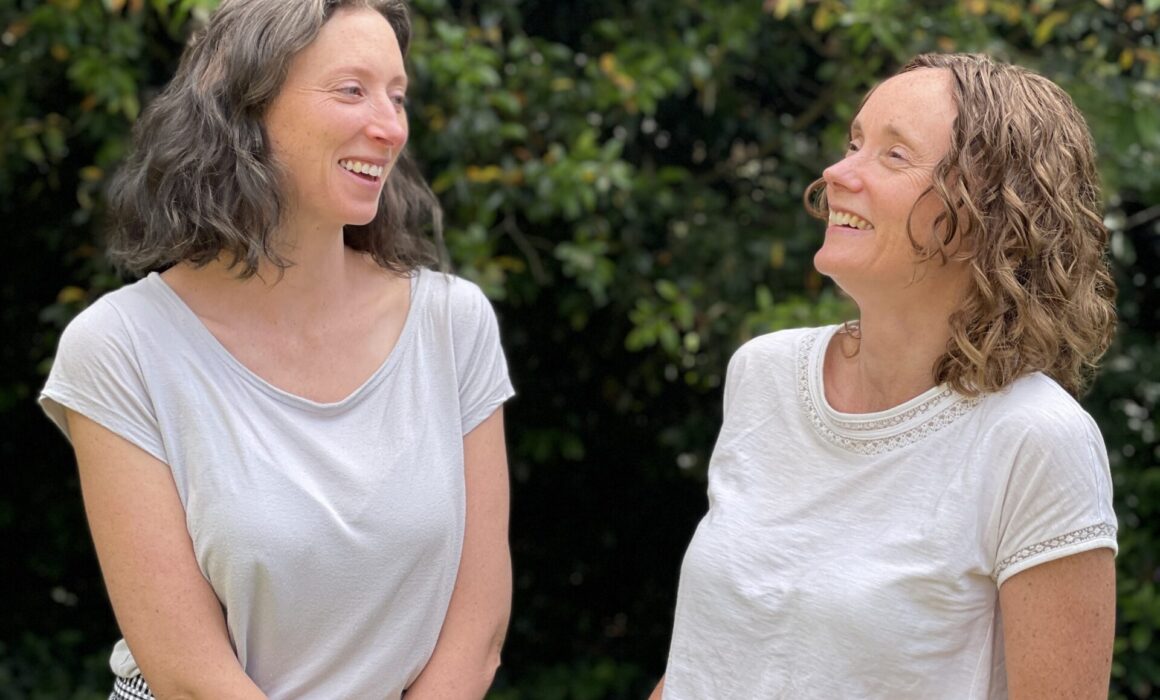Six essentials to make a senior-level job share work
Jo Holdom and Sharon Foxwell, associate directors at One Voice Media in Exeter, are celebrating 10 years of job sharing. Here they share what they have learnt.
Job sharing continues to gain momentum as employers and employees realise the benefits it can offer. Employers get two brains for the price of one, meaning inbuilt diversity of thought, critical thinking, and experience, for one salary. Energy does not wane through the working week, come Wednesday it’s as if another greyhound has been released on to the track, revved up and ready to go. Employees can work flexibly but don’t return to a pile of emails and can properly switch off on non-working days, knowing that their job share partner has it covered.
We’ve been job sharing now for 10 years and have worked together through both professional and personal highs and challenges. It’s a relationship we’re both really proud of, but like all good relationships it takes work, planning and careful thinking. Here’s how we make it work:
- Make it easy for people. Our top consideration when designing our job share was how we could make it as easy as possible for team members and clients to communicate with us. We considered splitting projects up and quickly realised that this would result in us working as two part time employees rather than as one job share. We decided we needed to be across everything so at any given time both of us can confidently know where we are on a project.
- Make it easy for people II. No, that’s not a mistake, making it easy for others must be a top priority, otherwise people will disengage, and it won’t work. We quickly realised we could not expect people to remember when we are in and who to email, it’s too much hassle and would cause frustration. So, from the off, we set up a joint email address.
- Consider how you’ll communicate between you. We have a simple word document as our work planner. We have each project in there, updates in green, actions in red. Simple, but it’s done us well for 10 years. We cross over and spend a day in the office together every other Monday, both to communicate and because we get on like a house on fire, so it’s good fun. On complex projects or tricky problems, we have an informal agreement that we can call each other if needs be.
- Respect each other’s differences. While much of our thinking is aligned, we bring different perspectives and experiences which ultimately enriches our work. When it comes to the day to day, we naturally have differing preferences. Jo is happy to keep emails in our inbox while Sharon files, deletes and tidies as soon as her hand makes contact with the mouse. This has led to the odd eyeroll when Jo can’t lay her hands on an email she needs but, for the most part, it works just fine.
- Be flexible. We are able to use our arrangement to flex around home commitments and equally can give added value to clients by shifting things around. For example, so we can both make a key presentation or event, meaning that magically the client can have two senior people present where they’d otherwise have one. People often talk about wishing they could be in two places at once – we can!
- Share the credit. It goes without saying that you need to truly consider yourself as one team on a job share and that the credit is shared. This is something we have embraced from the outset and there’s never been an issue here but it’s worth potential job share partners considering and talking through before getting going.
We have had consistently good feedback on our job share from team members and clients over the years and recently had a client approach us to advise some of their team members on our job share practices which was a huge compliment.
Jo says: “There’s no doubt that some of the success of our job share is down to the fact that we have a great chemistry and work really well together, so you definitely need to get on as a starting point. We see eye to eye on pretty much everything but our relationship would be poorer if we weren’t able to discuss different points of view or ideas. Egos and competitiveness have no place in a job share. From there, some well thought through working processes will help the arrangement fly. We’d love to see job shares appear more widely and be available to everyone regardless of their reasons for requesting flexible working.”
Sharon says: “Without doubt my job share arrangement with Jo has allowed me to continue and progress in my career this last 10 years. Three years into our job share I became a parent carer. My daughter is disabled and has severe epilepsy. My job is central to my wellbeing as it gives me a chance to use my brain in a different way but also empowers me to deal with the challenges I face as a parent carer. I’ve learnt loads from Jo over the years and continue to learn and be challenged. I know this makes me more effective at my role.”
You can learn more about our amazing team here.



